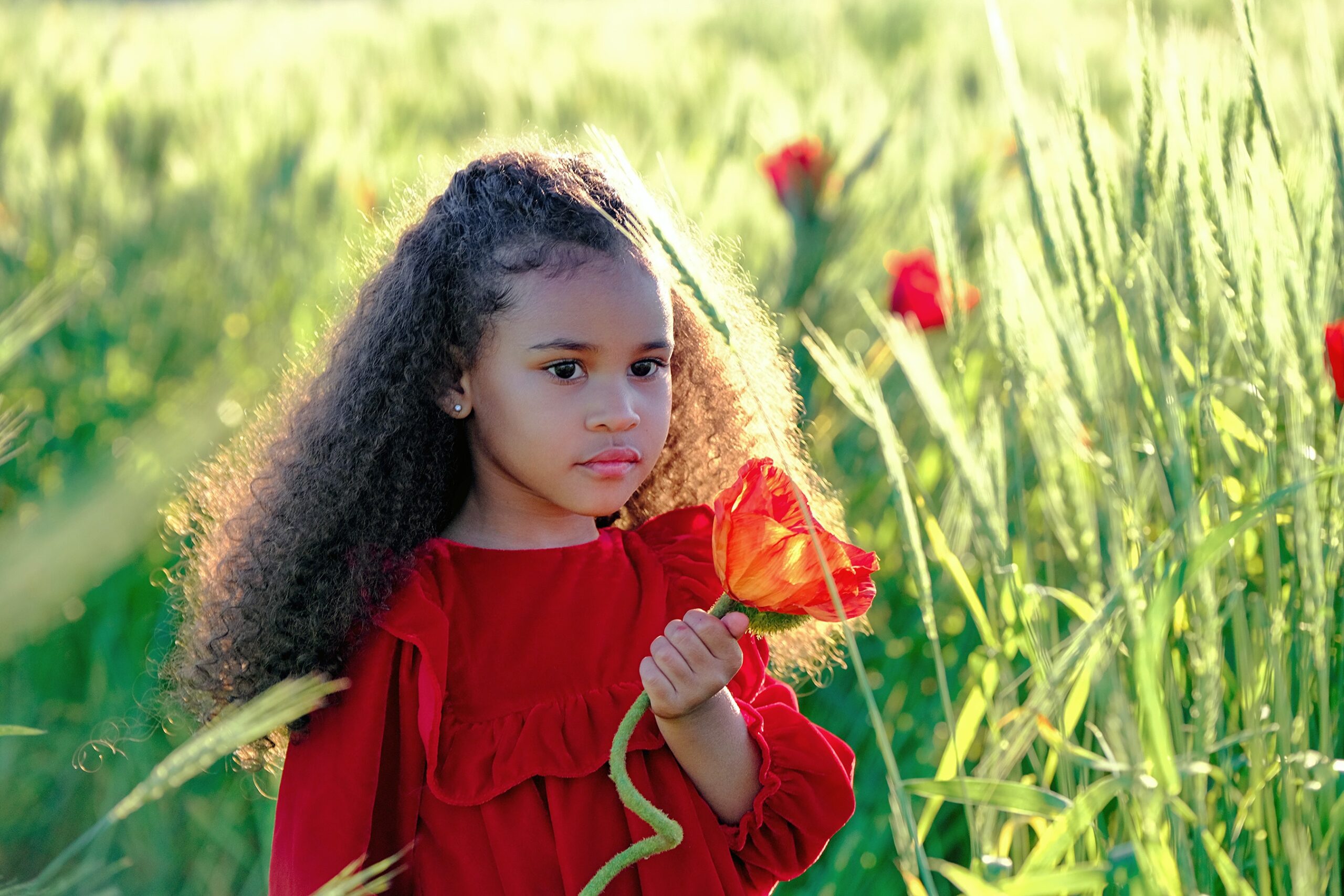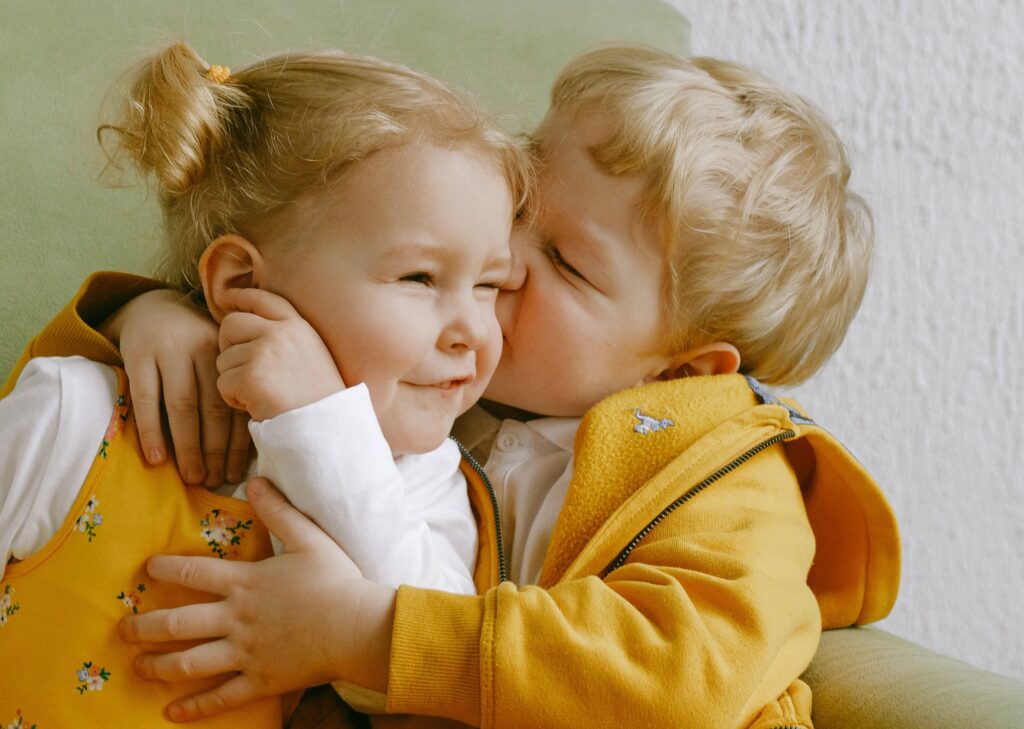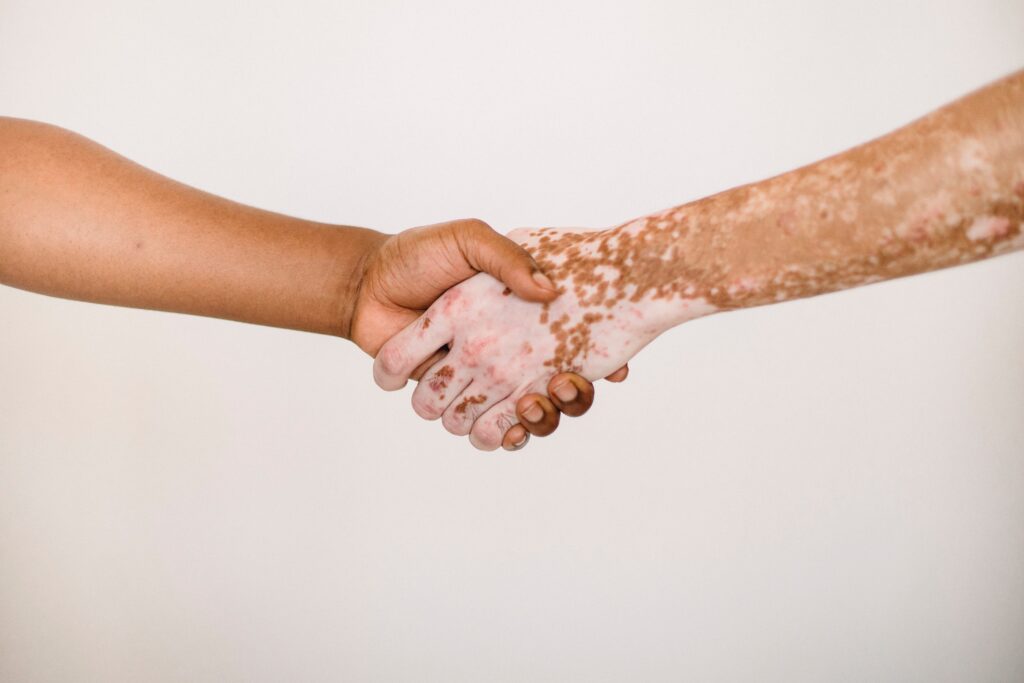
Out of the mouth of babes
Headteacher Clare Campbell learnt precious lessons about beauty when she asked some ‘Big Questions’ to a group of young children.
Teachers are supposed to ask questions, and in my career I have asked plenty. I have been privileged to work with children of all ages in Britain and internationally, in America, Kenya, the Philippines and Australia, and to be blessed by the answers they give. Children are children, the same all over the world. They are inquisitive, they are curious, they love to learn and play. They have inquiring minds and are full of fun.
My concern has grown over the years when I see the light of learning ‘go out’ or ‘fade away’ for these children as they become more self-conscious and aware of their physical differences. I have seen children and young people become increasingly obsessed with their own image and the ‘flaws’ they perceive in themselves.
This can be linked to a downward spiral in their mental health and wellbeing and can make them emotionally unwell.
I was shocked to hear recently that there is a spike in cases of female self-harm every time a new series of Love Island comes on TV in the UK.
The obsession with image raises concerns about the potential harm being done to children by the beauty industry, advertising and social media.
I believe that self-esteem is the key to learning and I am concerned that our ‘selfie’ culture is making our children so obsessed with their physical beauty that they forget what is really important – the true beauty of their hearts and souls.

Recently I was with a class of 10-year olds and I asked them a BIG question … ‘What is beauty?’ They came up with much better answers than I ever could. Here are some of their replies:
- “Beauty is what you are born with.” Matilda
- “Beauty is everyone.” Emily
- “Beauty is what everyone has in their own way.” Holly
- “I think everyone is beautiful. It can be on the inside or the outside.” Isabel
Next, I amended the question and asked ‘who do you think is beautiful?’ The answers were delightful …
- “My mum.” Mason
- “Phoebe is beautiful.” Jayden (Phoebe’s twin)
- “Everyone!” Nikita
- “My friends.” William
- “My heart.” Eddie
- “Love and peace are beautiful.” Logan
I pressed on with this line of questioning. This time my request was for them to explain to me ‘what inner beauty was in their lives?’
- “Inner beauty is how kind you are.” Samuel
- “When you are very kind and you have a special heart that is open to everyone.” Neve
- “When inside someone is beautiful and kind.” Daire
- “Inner beauty is like when you are beautiful inside your body.” Phoebe
- “Your actions.” George
- “When you are loving.” Aiden
- “Inner beauty is when you are kind and caring to others.” Lois
- When you think good things about yourself.” Finnley

“The price of beauty is nothing, because it is what you were born with. You are your own person and you are unique.”
Next we moved on to a slightly more demanding topic: ‘What is the price of beauty?’ Once more their answers were full of wisdom and originality …
- “The price of beauty is nothing, because it is what you were born with. You are your own person and you are unique.” Fallon
- “You can be born with it.” Jayden
- “The price of beauty is nothing. We are all beautiful.” Lois
- “Beauty is priceless.” Emily
- “Beauty does not have a price because you are a gift from God.” Isabella
Sensing that we were really making progress, I asked them to tell me about ‘what they considered to be the true cost of beauty.’ As before, their insight was stunning:
- “I’m disappointed in the people who try to change others and the way they look. They are perfect already.” Lois
- “We shouldn’t be spending so much on changing the way we look. It is like stealing from the poor.” Daire
- “I think it is awful the way that the beauty industry sells things to people that they don’t need. It is selfish and wrong.” Matilda
- “I think when there are homeless people on the streets, people are spending lots of money on themselves and ignoring the poor.” Harry
- “It is bad because God made us unique in our own way and people are changing their looks when people are starving.” Logan
The children then wrote their own Powerpoint presentations and chose their own photographs to represent beauty.
I was inspired by the way they were searching for images of beauty beyond the traditional stereotypes, including cancer victims and people with physical and facial differences.
They chose images of the model Winnie Harlow who has vitiligo, a skin condition affecting her skin pigmentation. They chose images of people who had lost their hair through chemotherapy, children with Down Syndrome, people who had been facially disfigured, people who had missing limbs.

All of this came from them, the children. They had complete ownership of their presentations and could fully make their own choices. It was humbling to see what they thought was beautiful and some of their presentations moved me to tears.
“Beauty isn’t what we need, it is what we are.”
Soon other teachers were trying the same experiment with their classes. I was delighted with the responses of some of the youngest children.
- “Beauty isn’t what we need, it is what we are.” Taylor, age 6
- “Don’t change yourself because you are already beautiful.” Olivia, age 6
- “Beauty is what you feel like on the inside.” Georgina age 6
- “Beauty is not how other people see you, it is how you see yourself.” Liam, age 7
- “If you don’t know you are beautiful, it makes you more beautiful on the inside and out.” Miley, age 7
- “I think inner beauty is how much you love yourself.” Jacob, age 7
- “You own your own beauty. Hold it in your hearts.” Tina, age 7
- “Beauty is a warm feeling inside.” Noah, age 7
- “Everyone is beautiful when they smile, smiles are beautiful.” James, age 8
- “People show their beauty at different times. Everyone is beautiful and unique.” Divine Gift, age 8
As a headteacher in a Catholic school, my favourite response of all was from Hannah, aged seven:
- “Beauty is the little part of Jesus in our heart.”

It is never too early to start talking to children about the idea of beauty and the role of the beauty industry and asking them big questions. Our ‘beauty talks’ led to some really interesting discussions about animal testing, human hair extensions, cosmetic surgery and the environmental impact of the beauty industry.
Children are so switched on to the human impacts on our planet because it will directly affect them in their lifetime. They need to have space in the school day to talk about these things openly and ask big questions, some of which will have no easy answers.
Teachers are supposed to ask big questions … but they are supposed to listen too to original answers.
And children, in their innocence and originality, often offer us more wisdom and insight than the so-called ‘experts’ in their learned tomes, Ted talks and tweets.
So next time you are puzzling over one of the great existential conundrums of our time, give Google a miss and ask a child. You won’t be disappointed!
Like what you’ve read? Consider supporting the work of Adamah by making a donation and help us keep exploring life’s big (and not so big) issues!